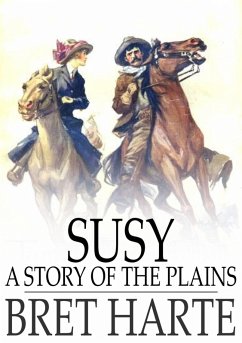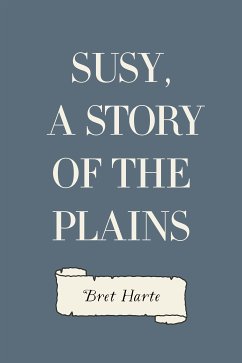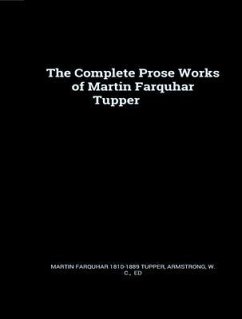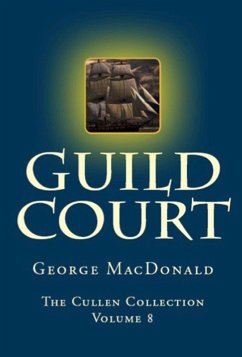
Gulmore, the Boss (eBook, ePUB)

PAYBACK Punkte
0 °P sammeln!
In "Gulmore, the Boss," Frank Harris presents a vivid and unapologetic portrayal of corporate ambition and the ruthless dynamics of power. Set against the backdrop of early 20th-century America, the narrative delves into the psychological intricacies of its titular character, Gulmore, whose relentless ascendancy in the corporate world is fraught with intrigue, betrayal, and moral ambiguity. Harris employs a rich, often satirical prose style that reflects both the burgeoning capitalist ethos of his time and the deep-seated human emotions that drive individuals to succeed at any cost. The novel ...
In "Gulmore, the Boss," Frank Harris presents a vivid and unapologetic portrayal of corporate ambition and the ruthless dynamics of power. Set against the backdrop of early 20th-century America, the narrative delves into the psychological intricacies of its titular character, Gulmore, whose relentless ascendancy in the corporate world is fraught with intrigue, betrayal, and moral ambiguity. Harris employs a rich, often satirical prose style that reflects both the burgeoning capitalist ethos of his time and the deep-seated human emotions that drive individuals to succeed at any cost. The novel serves as both a critique and a celebration of the American Dream, pushing readers to ponder the moral implications of their own aspirations. Frank Harris, a prolific writer and journalist, was known for his controversial views and flamboyant lifestyle. His experiences as an editor for various publications, coupled with his keen observations of societal trends, significantly influenced the themes presented in "Gulmore, the Boss." Drawing on his own encounters with powerful figures and the pressures of success, Harris offers a nuanced understanding of the motivations that propel individuals within competitive environments, shedding light on the complexities of ambition. This compelling narrative is highly recommended for readers interested in exploring the darker facets of human ambition and the ethical dilemmas that accompany the climb to success. "Gulmore, the Boss" is not merely a story about a businessman; it is a profound reflection on the forces that shape our desires and the potential cost of unbridled ambition.
Dieser Download kann aus rechtlichen Gründen nur mit Rechnungsadresse in A, B, BG, CY, CZ, D, DK, EW, E, FIN, F, GR, H, IRL, I, LT, L, LR, M, NL, PL, P, R, S, SLO, SK ausgeliefert werden.













